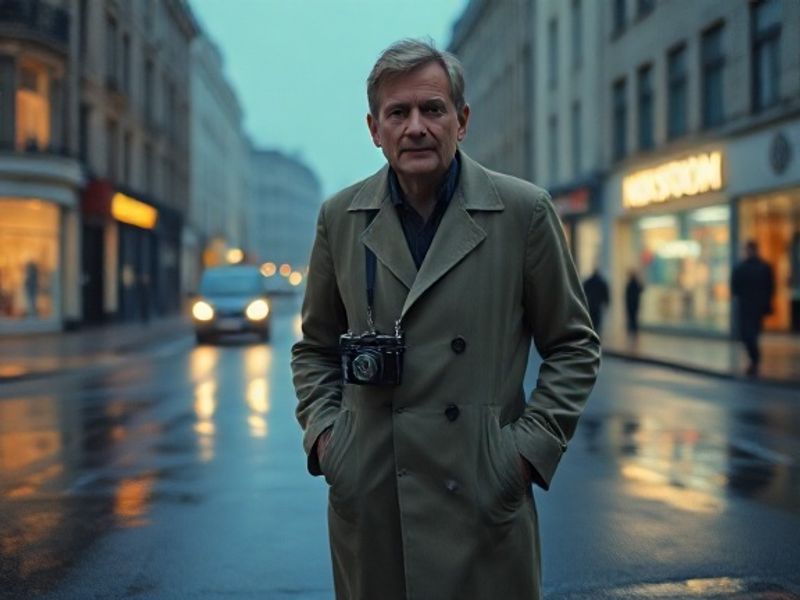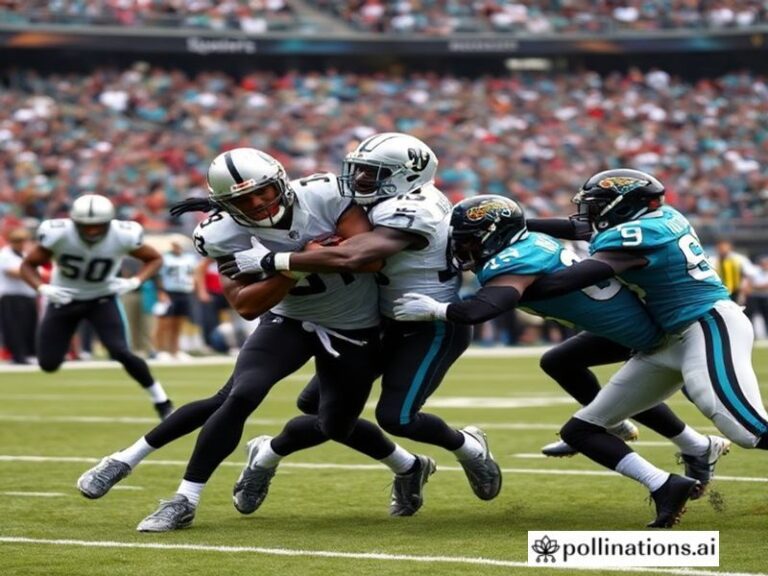Graham Roberts: The Washed-Up Footballer Who Became a Global Metaphor for Never Saying Die (or Retire)
The Curious Global Afterlife of Graham Roberts, the Footballer Who Refused to Die on Schedule
By Our Man in the Departure Lounge
Somewhere between a FIFA ethics inquiry and the 14th replay of Diego Maradona’s “Hand of God,” the name Graham Roberts flickers across a Lagos sports-bar screen, then a pub in Tallinn, then a betting-shop ticker in Manila. Thirty-five years after his last professional tackle, Roberts still manages to bestride the world like a slightly limping colossus—proof that in the age of perpetual content, not even retirement can keep a mediocre legend down.
For anyone under 30 (i.e., most of the planet), Roberts is a trivia answer wearing shin pads: the granite-jawed English defender who once man-marked a young Lothar Matthäus into existential despair, then reinvented himself as football’s itinerant handyman—player, coach, whistle-blower, tax-avoidance cautionary tale. He has been sacked on four continents, promoted on two, and investigated on all seven if you count the Antarctic research station that briefly streamed Spurs reruns during polar night. The man is the geopolitical equivalent of glitter: you think you’ve swept him out of your life, but he turns up in Lagos tap water.
Globalization loves a recyclable narrative, and Roberts supplies one in bulk. In Singapore, hedge-fund analysts use his 1991 transfer to Rangers as a case study in leveraged buyouts. In Montevideo, schoolchildren learn that he once ate a raw onion at halftime “to intimidate strikers,” a detail their teacher insists explains Brexit. Meanwhile, FIFA’s disciplinary committee keeps a Roberts-shaped file labeled “Open in Case of Scandal,” ready to be deployed whenever Sepp Blatter needs a dead cat on the table.
The real marvel is how Roberts has weaponized obscurity. When Chelsea’s oligarchs wanted to launder a manager’s reputation in 2016, they parachuted him into an ambassadorial role in Lagos—ostensibly to scout “untapped African talent,” in practice to pose for photos with smiling orphans and sign footballs that later appeared on eBay. A year later, the Serbian FA flew him to Belgrade to lecture on “English grit,” where he accidentally started a brawl at a winery by calling rakija “Balkan cough syrup.” Every stop generates new memes, new myths, new litigation.
Yet Roberts embodies a broader truth about post-truth celebrity: if you stick around long enough, incompetence becomes authenticity, and failure merely a longer narrative arc. The same algorithms that once mocked his 1987 own-goal now celebrate it as “proto-viral performance art.” Donald Trump tried to buy the clip for a campaign ad; Roberts counter-sued for emotional damage, settled for a Mar-a-Lago weekend, and left with the bathrobes.
International relations scholars cite the “Roberts Doctrine”: the principle that any scandal can be diluted by flying in a washed-up footballer to shake hands and mumble about “passion.” The method has been adopted from Caracas to Cairo, usually at the precise moment when local currency collapses and the IMF starts knocking. Last month, Roberts was spotted in Tashkent, teaching defenders how to shirt-pull without being caught on VAR. Uzbek state TV called it “South-South cooperation”; the players called it overtime without pay.
And so the caravan rolls on, powered by nostalgia, desperation, and the sheer human inability to let a mediocre past die. Roberts is booked through 2025: a motivational tour of Kyrgyzstan, a cameo in a Ghanaian telenovela, and—if rumors hold—a stint coaching the Vatican’s newly formed Serie Z squad (“God’s 12th Man”). Each gig chips away at whatever dignity remained, yet somehow adds another layer to the myth, like lacquer on a coffin.
In the end, Graham Roberts matters not because he was great, but because he endured—proof that in our hyperconnected age, you don’t need talent, timing, or even a functioning moral compass; you just need a passport and an audience too weary to look away. The planet keeps spinning, currencies collapse, empires recalibrate, but somewhere tonight a middle-aged man in a tracksuit is taking the stage to thunderous applause, reminding us all that oblivion is optional and shame is just another export.
Sleep tight, Earth. The after-party is just getting started.







